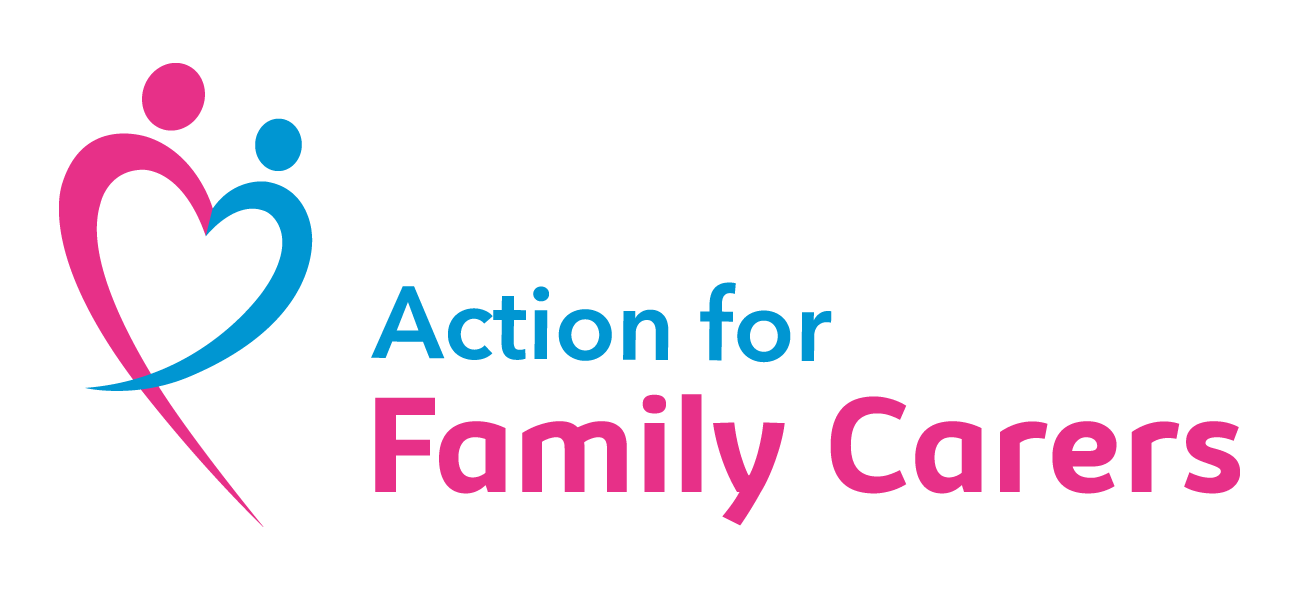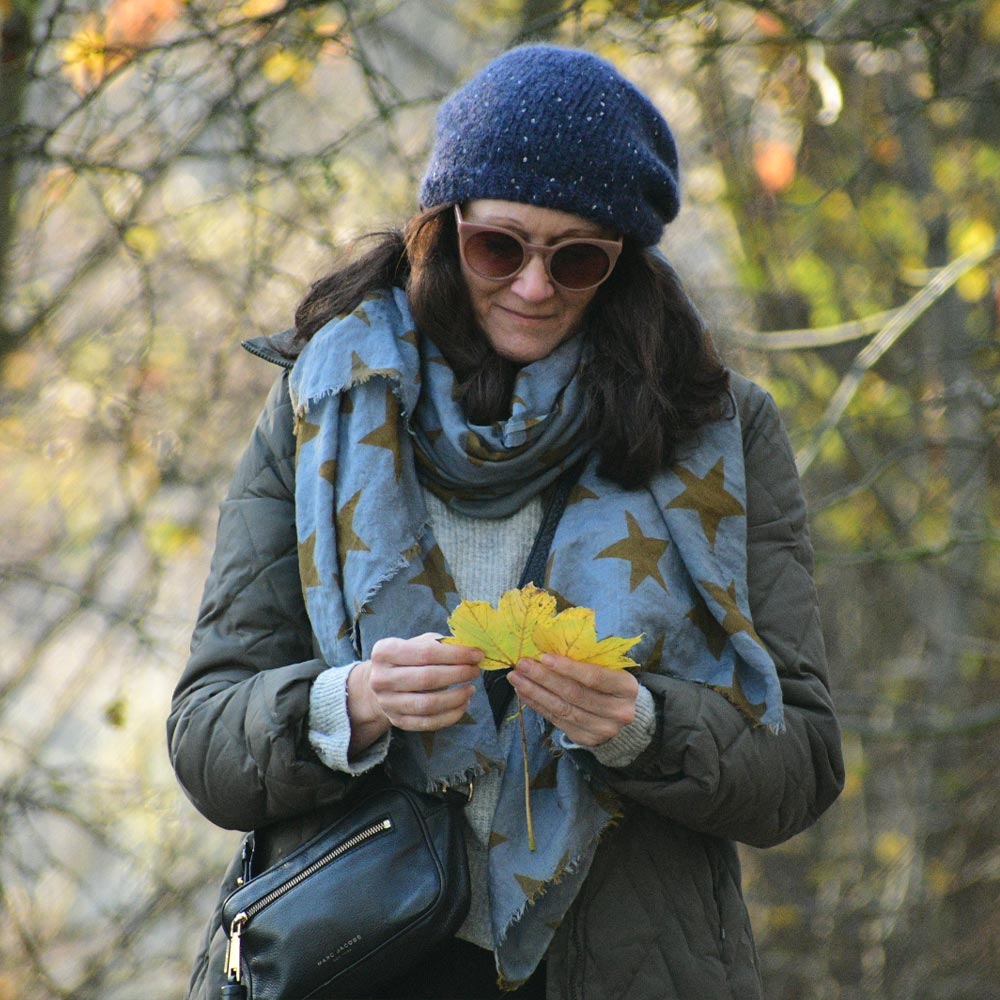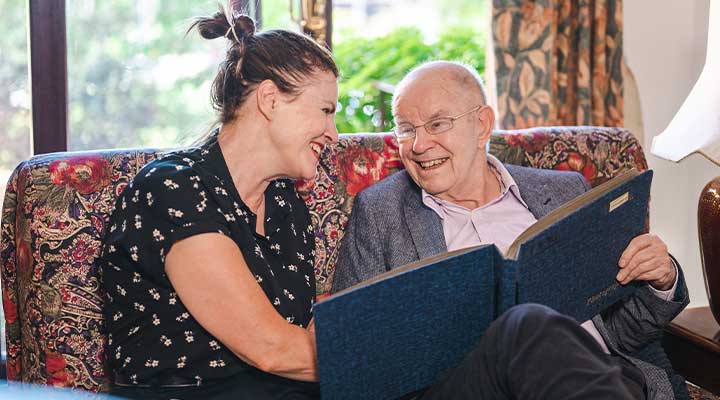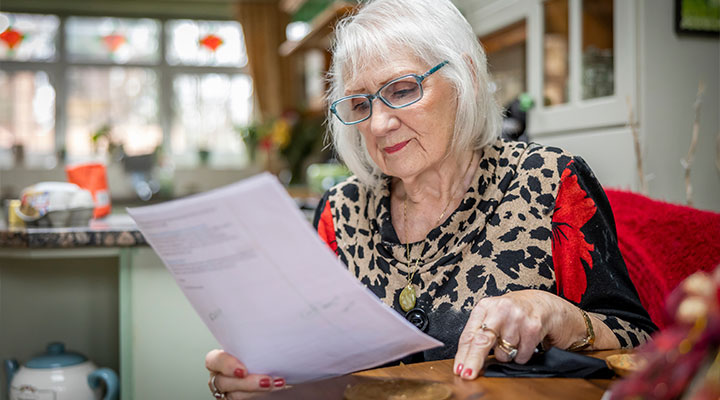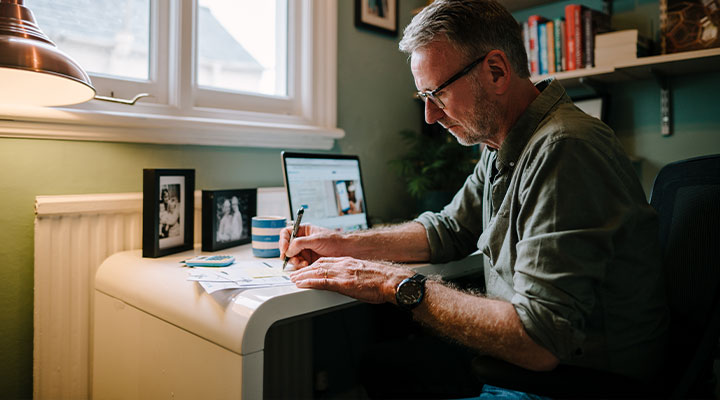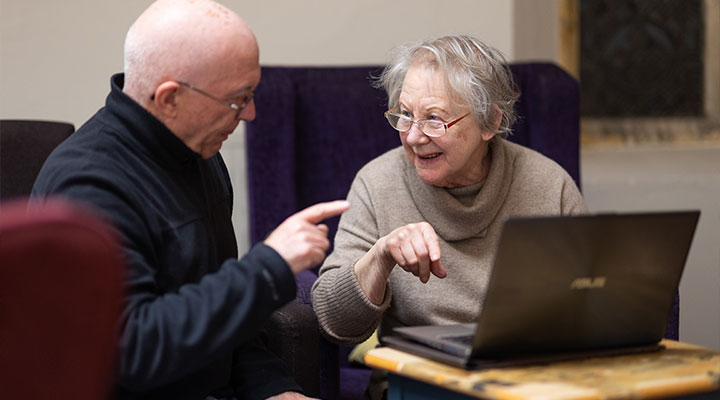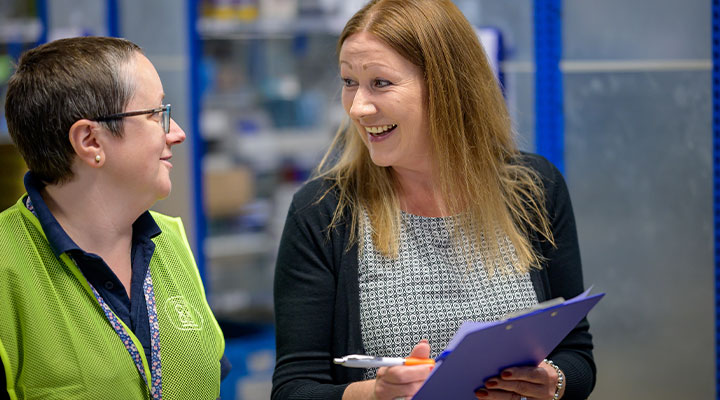It is important that Carers look after their own health and wellbeing as well as that of the person they care for. Doing so will help both of you.
Action for Family Carers strongly believes that your wellbeing is of vital importance to make sure that you and the person you care for keep as well as possible for as long as possible.
Carers do experience stressful times and go through a whole range of emotions and these should not be ignored; they’re unlikely to just go away.
On a practical note, your wellbeing can be improved by arranging or doing the following:
- Have a break – this can be an hour when needed or even a holiday away.
- Organise a free carers assessment from Essex County Council – it could result in extra support for you.
- Check entitlement to benefits – struggling with finances can have a massive impact on your wellbeing.
- Register as a carer with your GP Practice – you may be entitled to priority appointments, free Covid and flu jabs or even home visits. You may also have an annual health check and medication review.
Physical Wellbeing
There are so many demands on a Carer’s time every day that it can be hard to find the time needed to look after yourself properly. However, it is essential that you do look after yourself so that you can continue to care for as long as you want to. If you can make even small changes around the following, it will help you to keep well.
HEALTHY DIET:
- Eat a balanced diet with five different portions of fruit and vegetables each day – these can be fresh, frozen or tinned.
- Do eat starchy foods such as bread, cereal, potatoes, pasta or rice. Wholemeal options are best and they provide B vitamins.
- Reduce fat and sugar in your diet, except for unsaturated fats (found in nuts, seeds, avocados, olives and fish such as salmon).
EXERCISE:
- Go for a walk or run, cycle or swim.
- Step outside.
- Play a game.
- Gardening or housework!
Find a physical activity – one you enjoy that suits your own level of fitness and mobility. Exercise should make you feel warm and breathe more heavily than usual.
SLEEP:
- If you are having trouble sleeping, try exercising earlier in the day.
- Relaxation or breathing exercises.
- If lack of sleep is caused by caring duties, talk to Essex Social Care who can assess your needs.
Not getting enough sleep not only makes it harder for you to cope, but it can affect your mental health.
A BREAK FROM CARING:
- Arrange some alternative care for the person you care for.
- Give your cared-for a day in a respite day-care centre.
- Use a sitting service.
- Take up offers from friends and family to be with the person you care for so you can get out for a while.
Taking time out, even for a short while, will help prevent you from becoming exhausted and run down. Making the effort to arrange a break for yourself will benefit you both physically and mentally.
STOPPING OR REDUCING CARING:
- It is too stressful to continue.
- You find it too physically difficult.
- You need to return to work or work more hours.
Stopping caring is not giving up. It is being practical and is entirely your choice. It is not anything to feel guilty about. You will need to inform Essex Adult Social Care if you stop or reduce caring so that they are aware your cared-for may now have unmet needs. Stopping caring may also affect your benefits. If you do stop or reduce caring, be aware that emotional exhaustion may catch up with you and even cause you to feel ill for a while.
Mental Wellbeing
The Government’s “Five Ways to Wellbeing” recommendations give a good structure to start thinking about yourself and looking after yourself. The five ways are:
CONNECT:
- With the people around you.
- With family and friends, colleagues and neighbours.
- At home, work, school or your local community, e.g. carers’ support group.
- If you are struggling, let your family and friends know.
Think of your connections as the cornerstones of your life and spend time developing them. Building these connections will support you and enrich you every day.
KEEP LEARNING:
- Try something new.
- Rediscover an old interest.
- Sign up for a course.
- Take on a different responsibility at work.
- Learn to do something in a different way.
- Set yourself a challenge that you want to achieve.
Learning new things will help you become more confident as well as simply being fun.
BE ACTIVE:
- Go for a walk or run.
- Step outside.
- Play a game.
- Garden.
Find a physical activity – one you enjoy that suits your own level of fitness and mobility. You don’t need to go to the gym wearing neon lycra or pay membership fees. Exercises such as walking or rolling your ankles are free and any level of exercise makes you feel good.
TAKE NOTICE:
- Be curious.
- Notice beautiful things around you.
- Remark on unusual things.
- Notice the changing weather and seasons.
- Be aware of the world around you and what you are feeling.
Reflecting like this – mindfulness – will help you appreciate what matters to you.
GIVE:
- o Do something nice for a friend, a neighbour or even a stranger.
- Say “thank you” to someone.
- Smile.
- Volunteer your time.
- Join a community group.
Unconditional giving is associated with wellbeing. You can give your time, your expertise or your well wishes.
Mindfulness
Wellbeing is the state of being comfortable while mindfulness is the mental state achieved when you focus on your awareness of the present moment. The ability to accept your thoughts and feelings helps you to learn to stay calm and focus. Combining wellbeing and mindfulness will help you to feel peaceful and be happier. Being able to control your feelings in a mindful and positive way helps with motivation, enhanced brain performance and creativity.
Social Wellbeing
Social wellbeing is about the extent to which you feel a sense of belonging to your community. Communities may be a group or club you belong to, the place where you live and your neighbours or a community that is built out of circumstance – for example, a community of carers.
Research shows that people who feel a sense of belonging report higher levels of overall life satisfaction and better mental wellbeing. Feeling like we belong somewhere is a major need that motivates us in our lives.
In order to develop social wellbeing, it is necessary to build on social skills. Social skills make it easier to have positive relationships with others and help you to feel less lonely, angry or isolated. Social wellbeing is about being more meaningfully connected to others. These are some of the skills and opportunities that contribute to better social wellbeing:
- Practicing gratitude.
- Building meaningful social connections.
- Connect with others, in person whenever possible.
- Talk to strangers, e.g. a cashier, bus driver or delivery person.
- Managing your relationship with technology:
- Don’t replace face-to-face interactions with electronic interactions.
- When with somebody, don’t use your phone instead of talking to them.
- If you’re connecting online, be active.
- Use text or online connections for support.
Health and wellbeing tips
1. Try some arts and crafts – a great way to use your imagination, maintain dexterity in hands and ever create gifts for family and friends.
2. Try some word puzzles or trivia games to keep your brain active, either on your own or with a friend.
3. Try some interactive online games or a brain training app – you don’t need to be
technically minded to do these!
4. Try some logic puzzles, such as Sodoku – yet another enjoyable way to keep your brain active.
5. Make a jigsaw puzzle – puzzles actually help people relax by reducing blood pressure and slowing the breathing rate.
6. Play mental memory games – e.g. say the months of the year in alphabetical order.
7. Play a game of chess with a friend to boost your planning and strategy skills.
8. Read a book and then explain the story to a friend.
9. Take up a volunteering activity – this has the added benefit of reducing isolation and helps you build new skills.
10. If you’re active, take up a dancing class. There are many around that are suitable for
older people as well as the young and fit.
11. Get to know somebody different to you – maybe learn another language at the same time.
How can Action for Family Carers help you?
Action for Family Carers has a range of services to help you manage and maintain your wellbeing alongside your caring role. This includes:
Befriending: a volunteer-led befriending service aimed at Carers who may be experiencing loneliness or social isolation, or are looking for a regular catch-up chat with a volunteer.
Counselling services: free for Carers in Essex.
Whole Family Support: independent and responsive support for Carers and their families in Chelmsford District.
Activity Groups: We hold Active Minds and Keeping Active groups in Harlow, Epping and Great Dunmow for people with dementia or memory loss.
Respite Day Centre: We provide day care for older people in Maldon, which also provides a few hours break for family Carers giving them some precious time to call their own.
